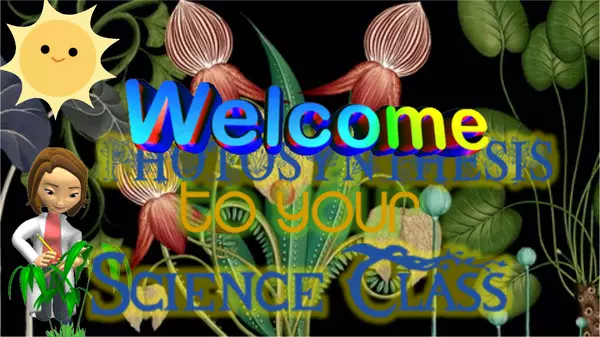
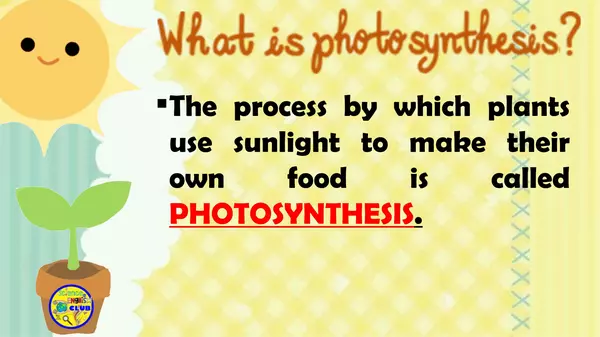
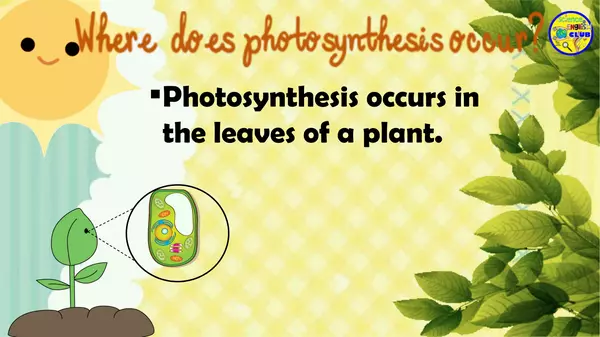
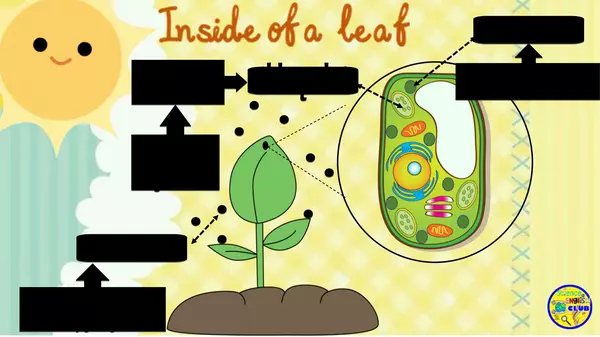
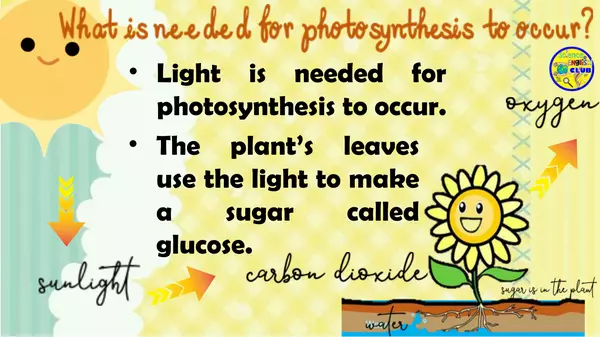
| Resource type | Lesson |
| Recommended age | 8 - 14 years |
| File information | ppt, 12 pages, 20.2 MB |





| Resource type | Lesson |
| Recommended age | 8 - 14 years |
| File information | ppt, 12 pages, 20.2 MB |
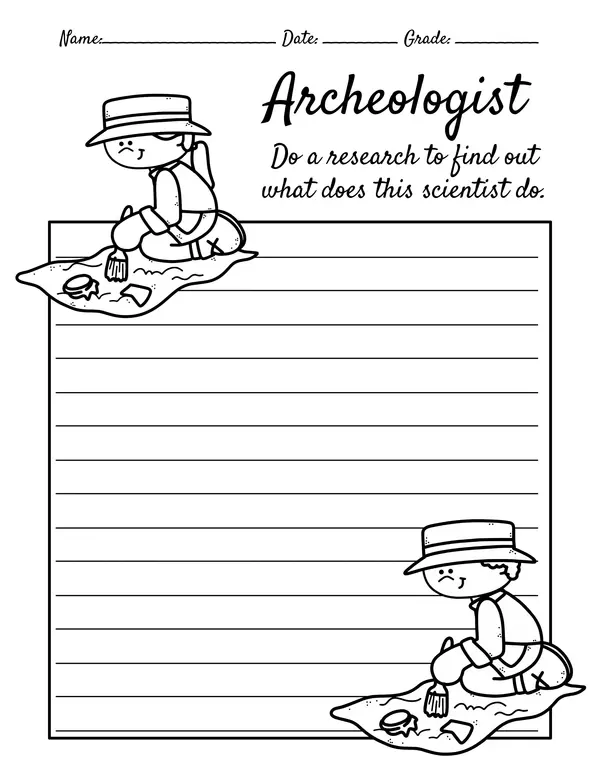
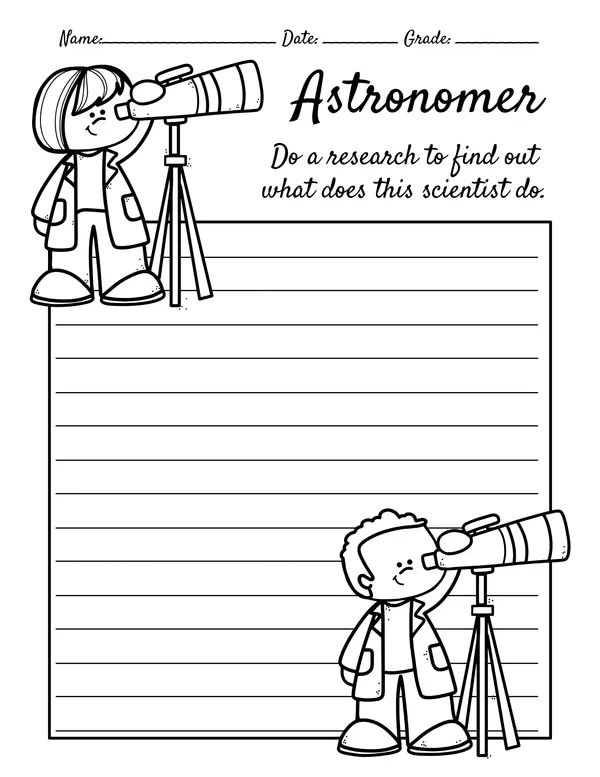
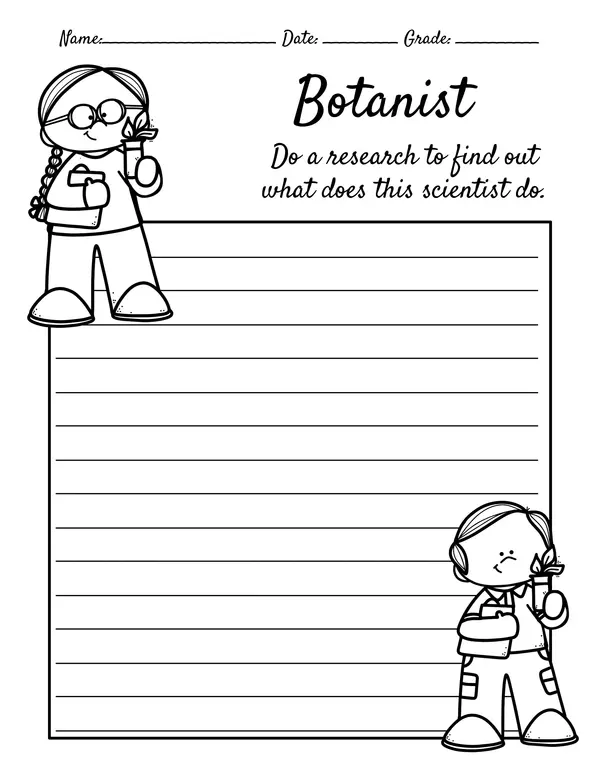
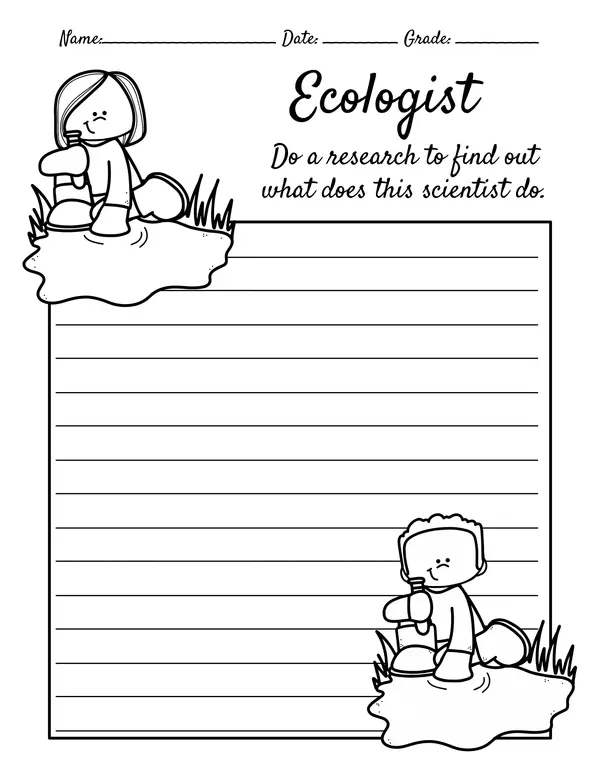
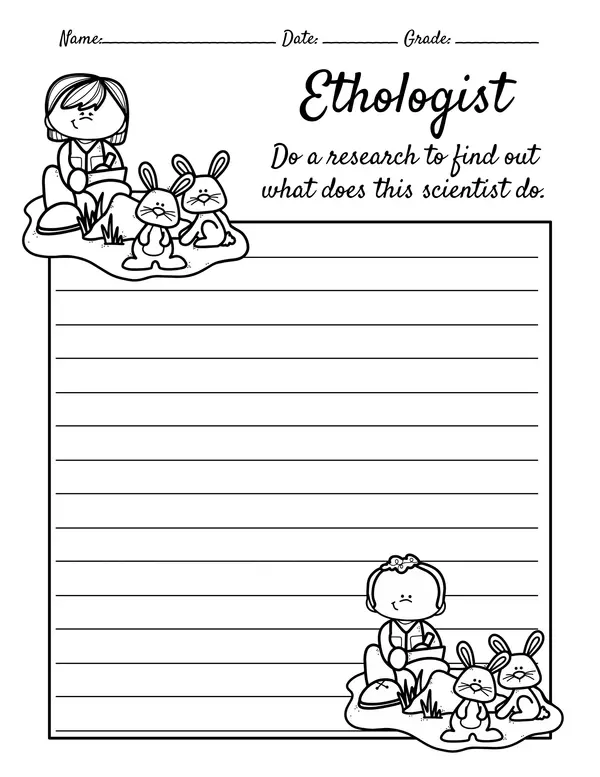
| Resource type | Activity |
| Recommended age | 8 - 14 years |
| File information | pdf, 17 pages, 6.34 MB |
There are no comments yet, write one yourself!
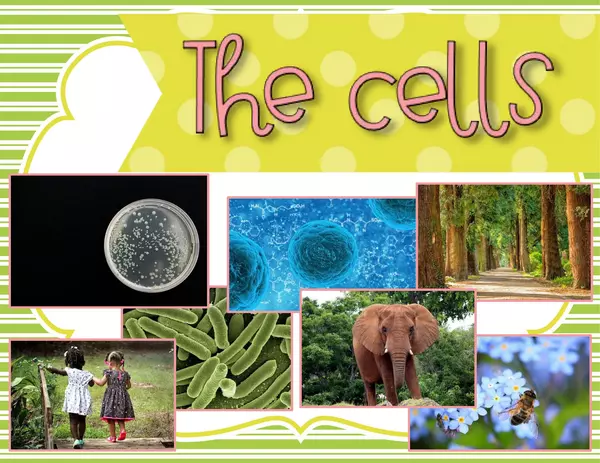
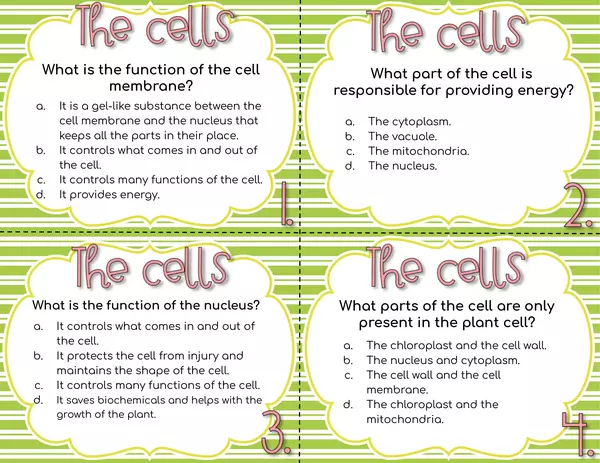
| Resource type | Assessment |
| Recommended age | 8 - 14 years |
| File information | Private link to drive.google.com |
There are no comments yet, write one yourself!
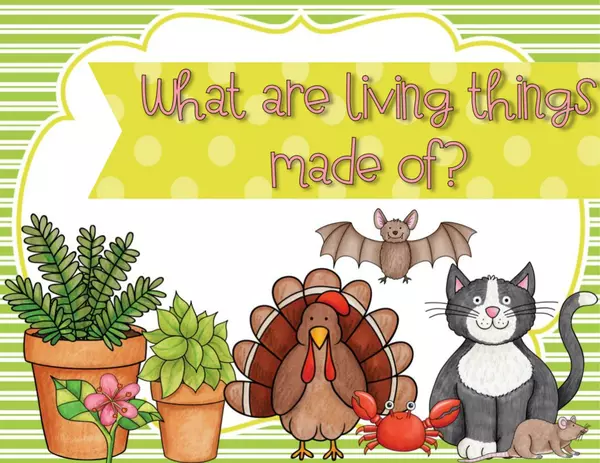
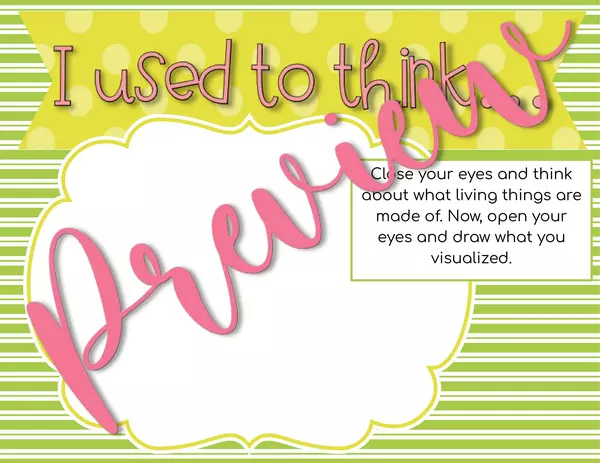
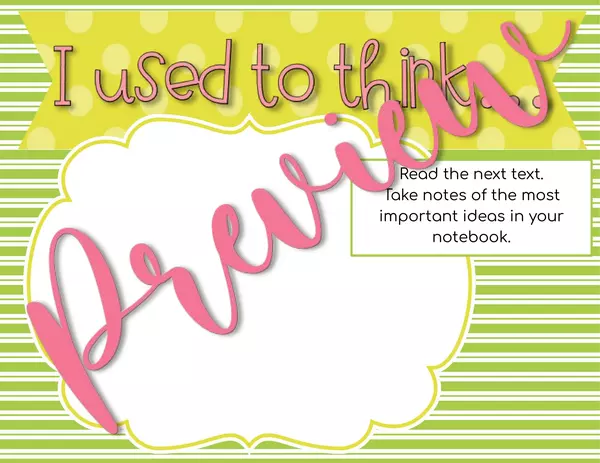
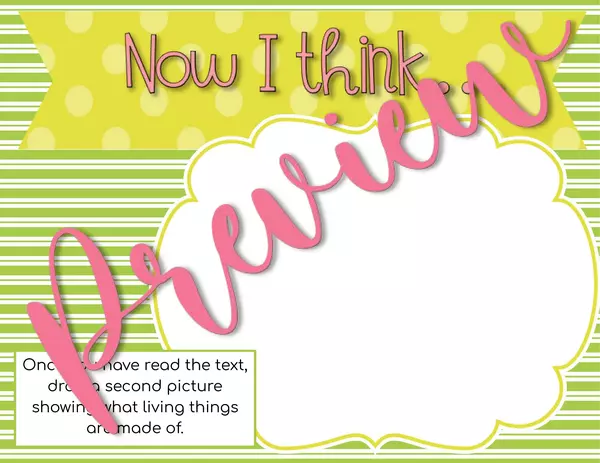
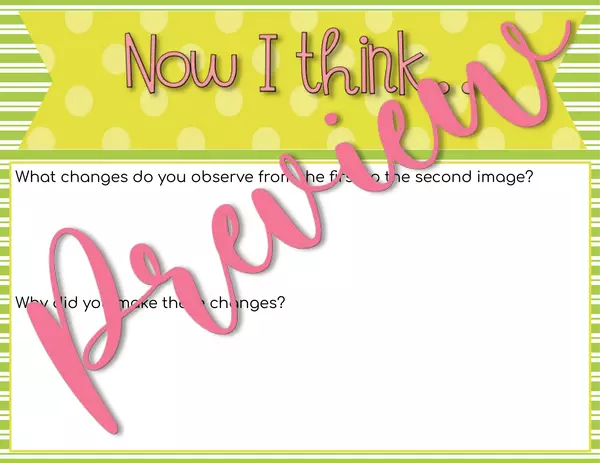
| Resource type | Activity |
| Recommended age | 8 - 14 years |
| File information | Private link to docs.google.com |
There are no comments yet, write one yourself!
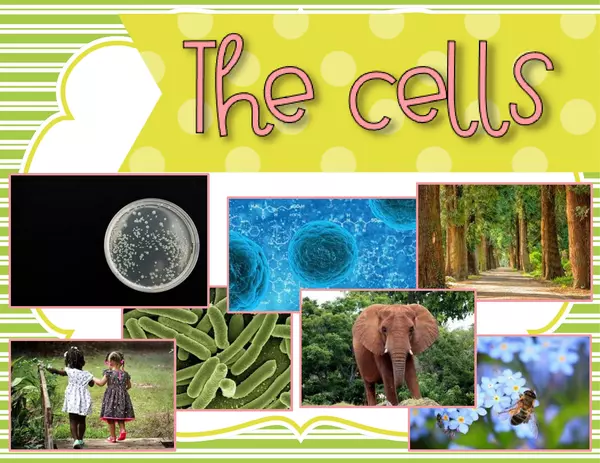
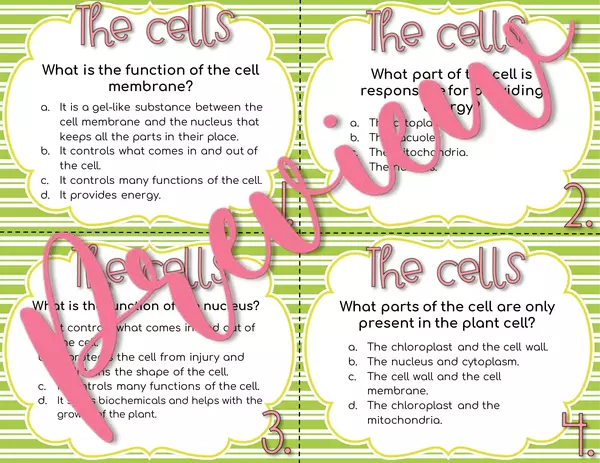
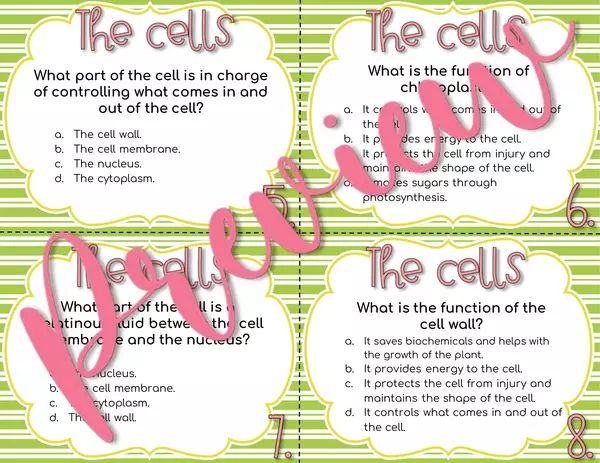
| Resource type | Activity |
| Recommended age | 7 - 13 years |
| File information | Private link to docs.google.com |
There are no comments yet, write one yourself!
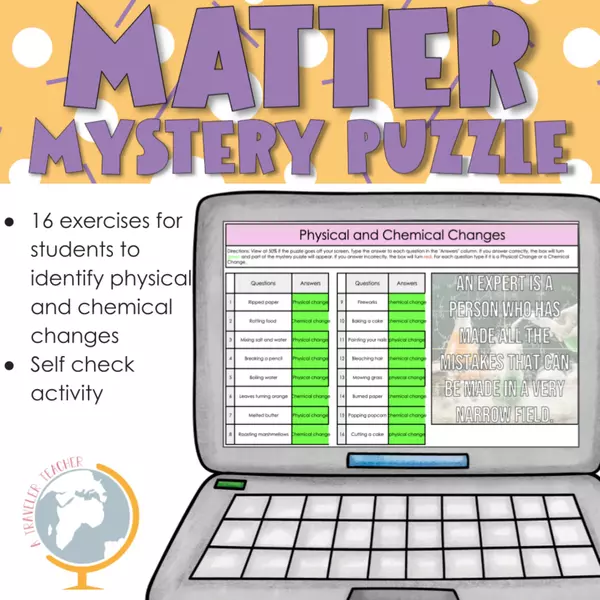
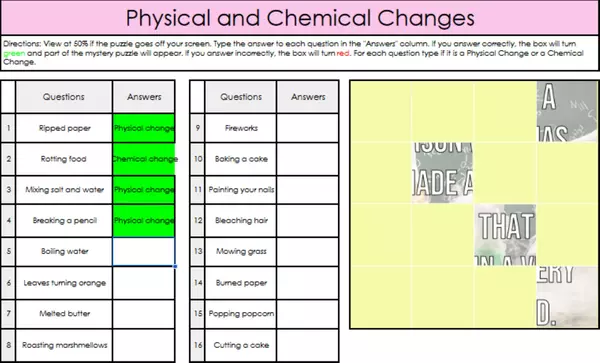
| Resource type | Activity |
| Recommended age | 9 - 13 years |
| File information | Private link to docs.google.com |
There are no comments yet, write one yourself!
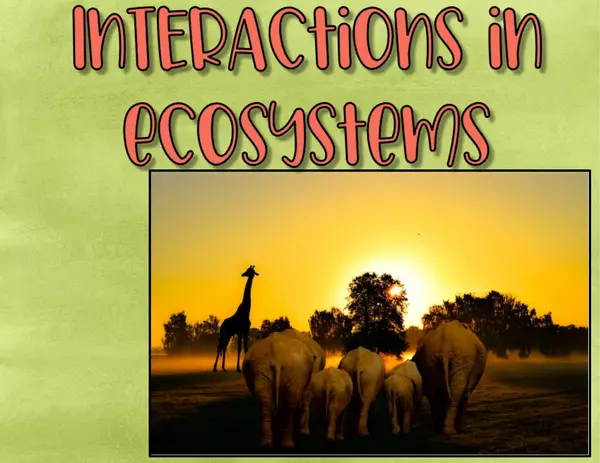
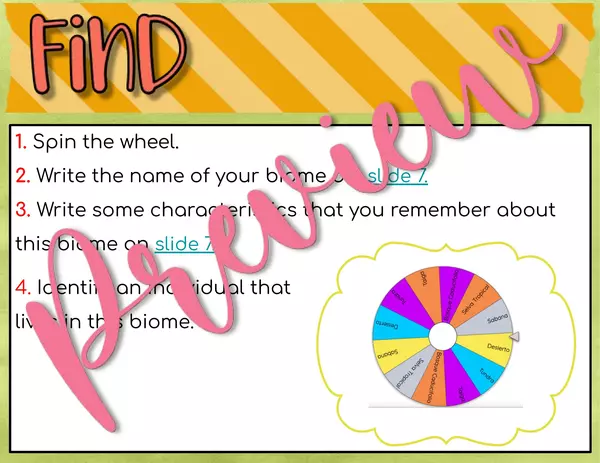
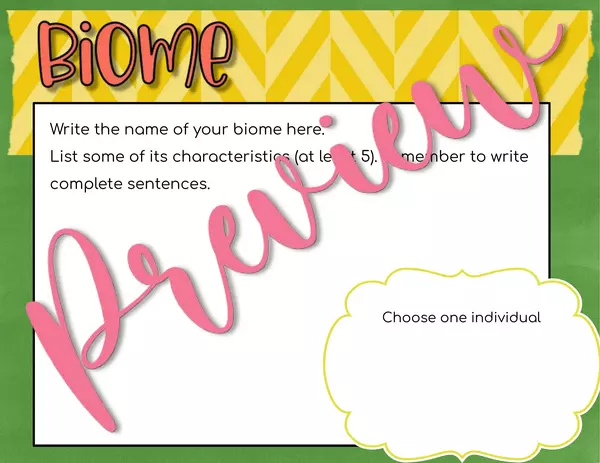
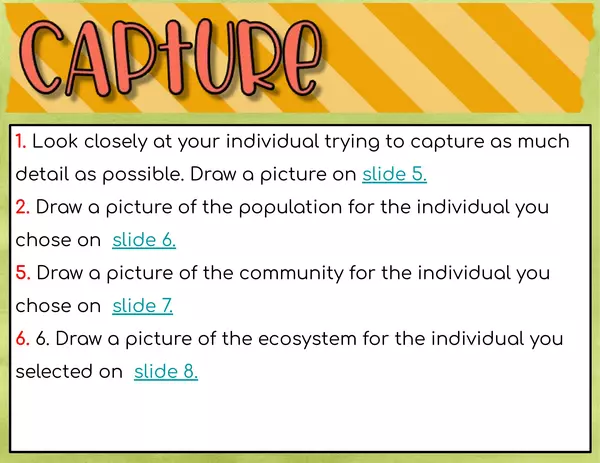
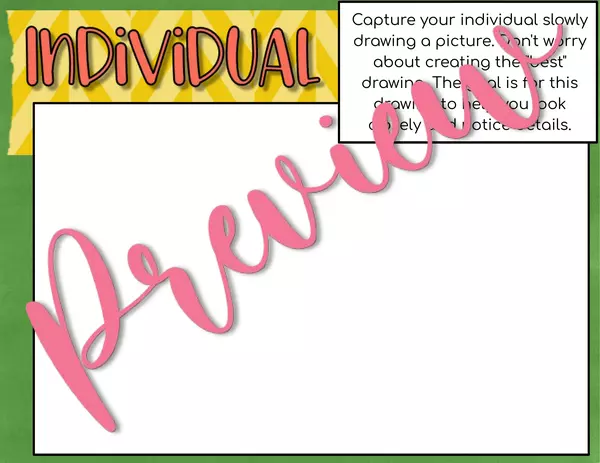
| Resource type | Worksheet |
| Recommended age | 10 - 14 years |
| File information | Private link to docs.google.com |
There are no comments yet, write one yourself!
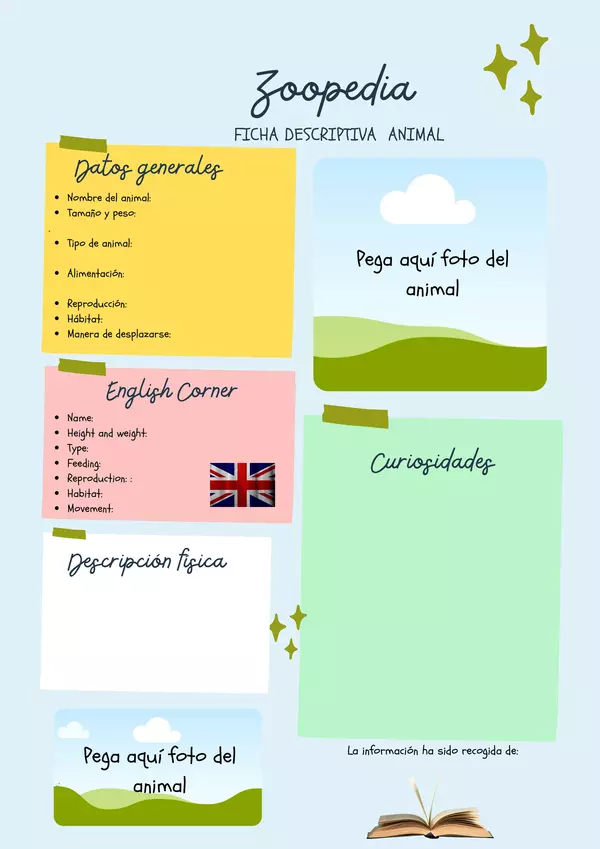
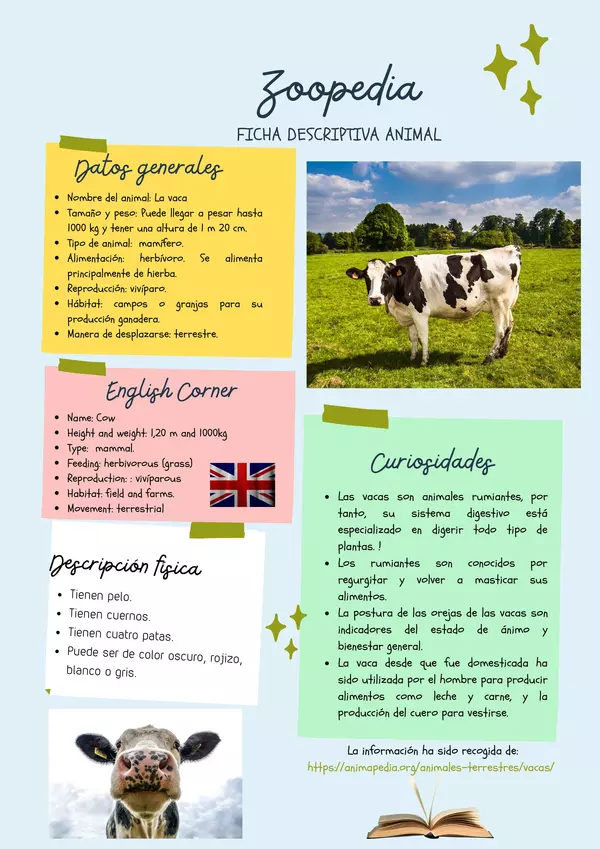
| Downloads count | 67 |
| Resource type | Activity |
| Recommended age | 5 - 16 years |
| File information | pdf, 3 pages, 3.03 MB |
| Comments count | 3 |
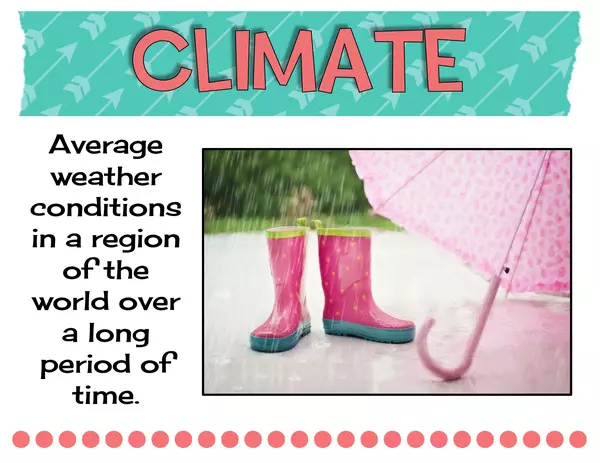
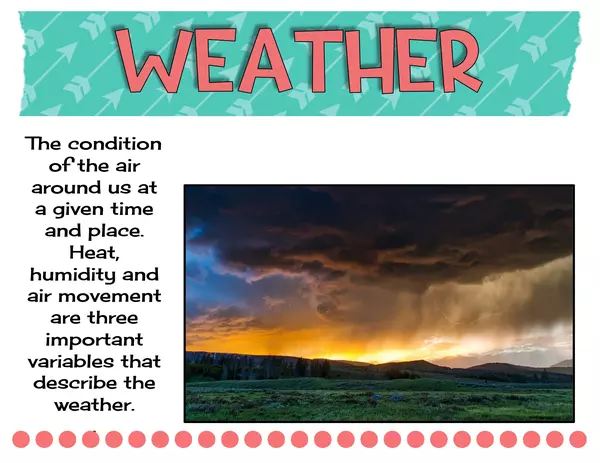
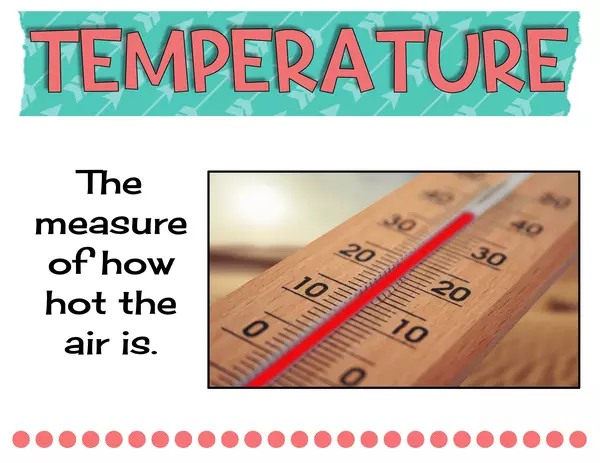
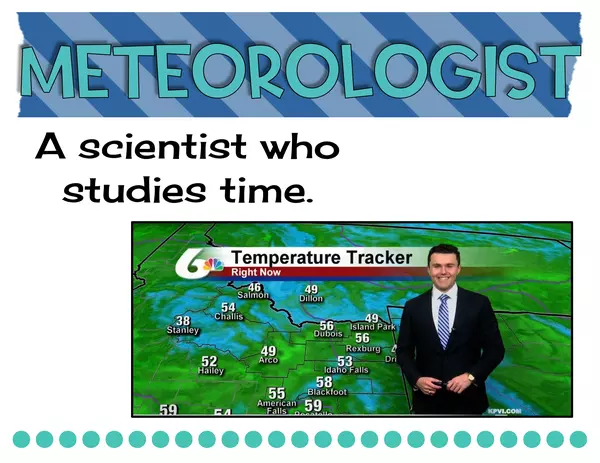
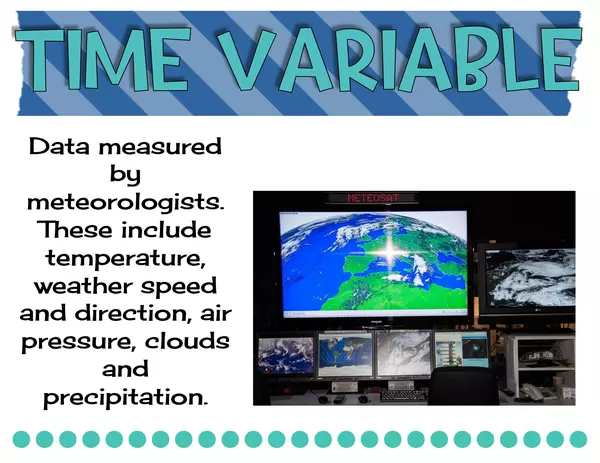
| Resource type | Activity |
| Recommended age | 8 - 14 years |
| File information | pdf, 72 pages, 40.9 MB |
There are no comments yet, write one yourself!
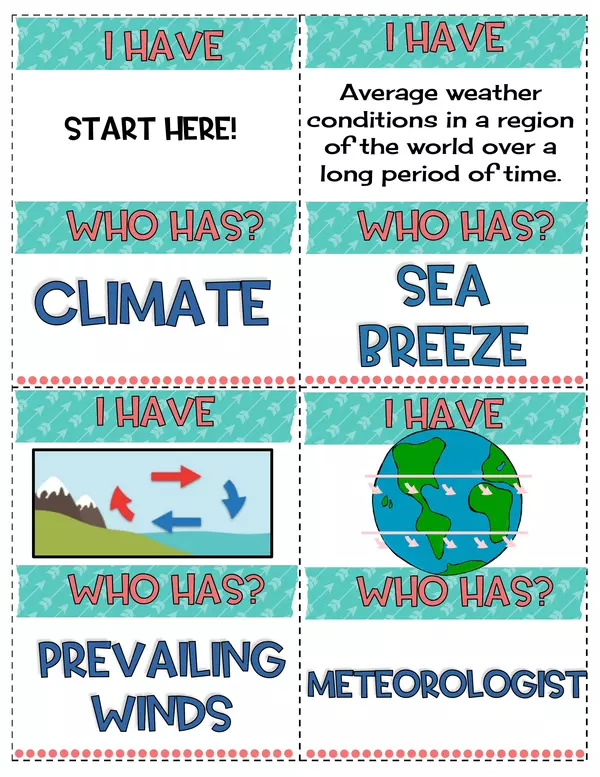
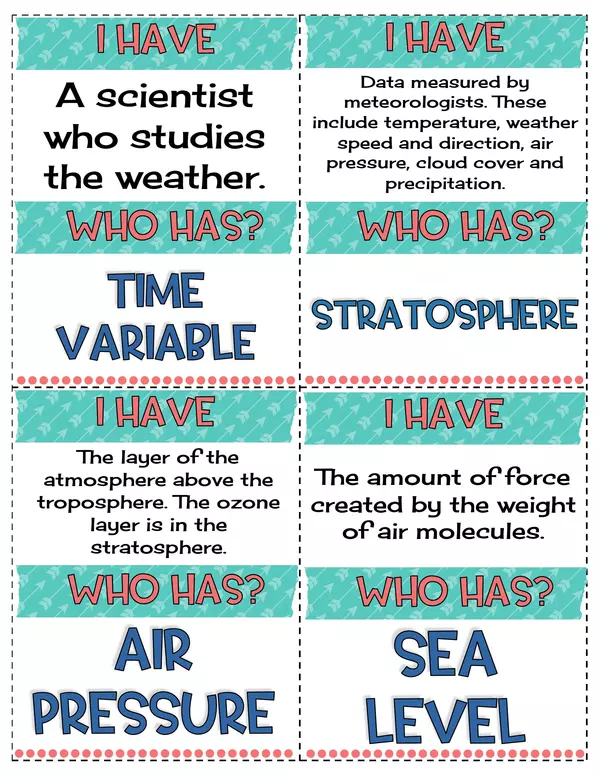
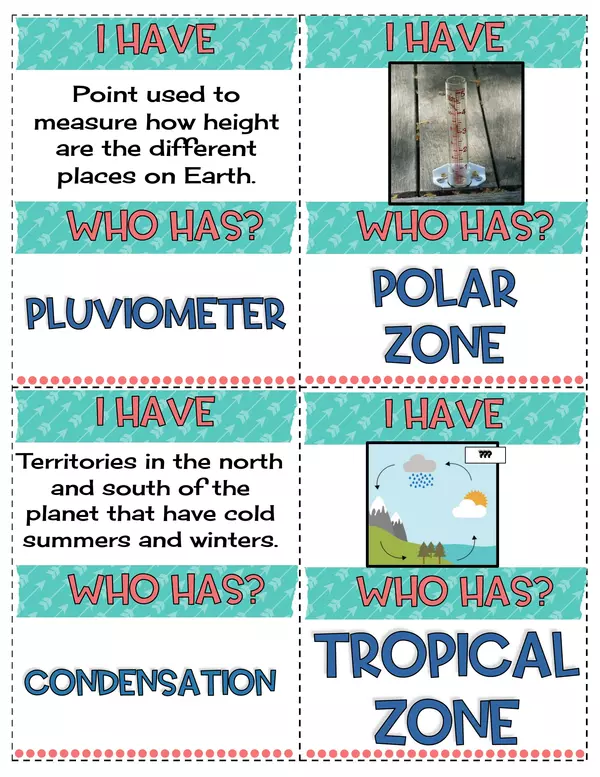
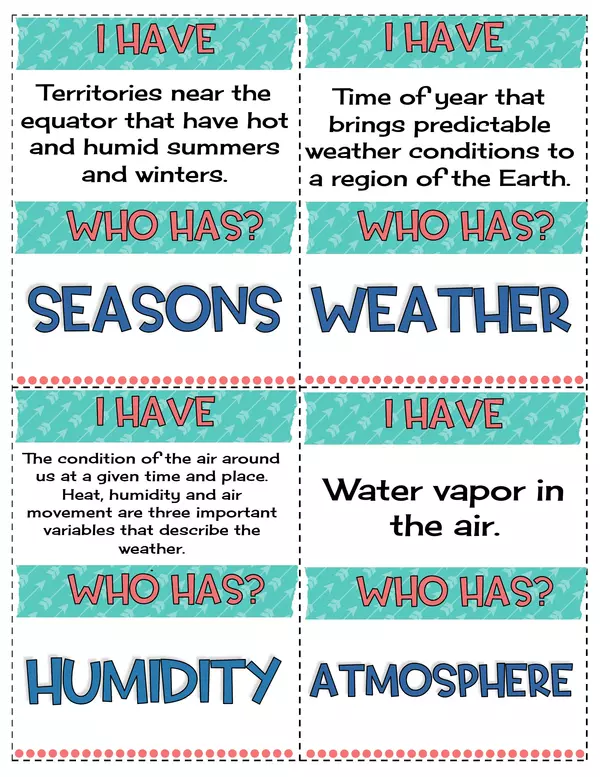
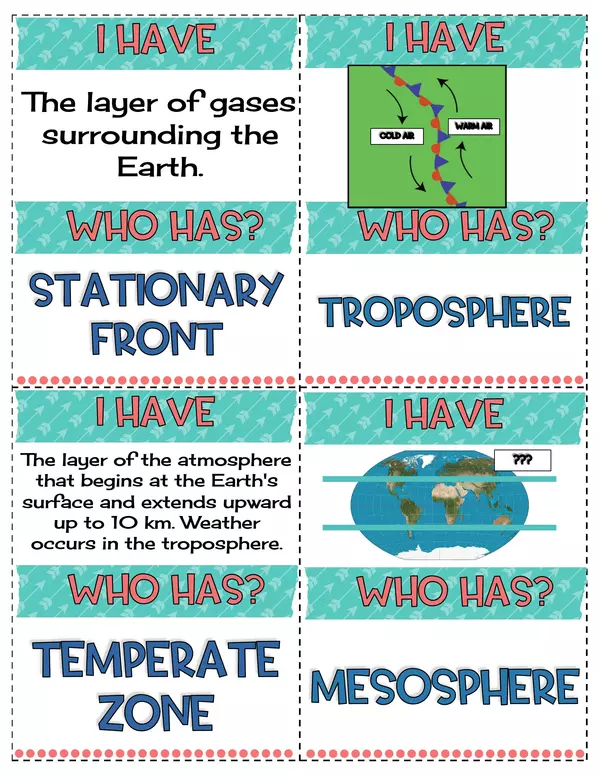
| Resource type | Activity |
| Recommended age | 8 - 14 years |
| File information | pdf, 31 pages, 18.2 MB |
There are no comments yet, write one yourself!
There are no comments yet, write one yourself!